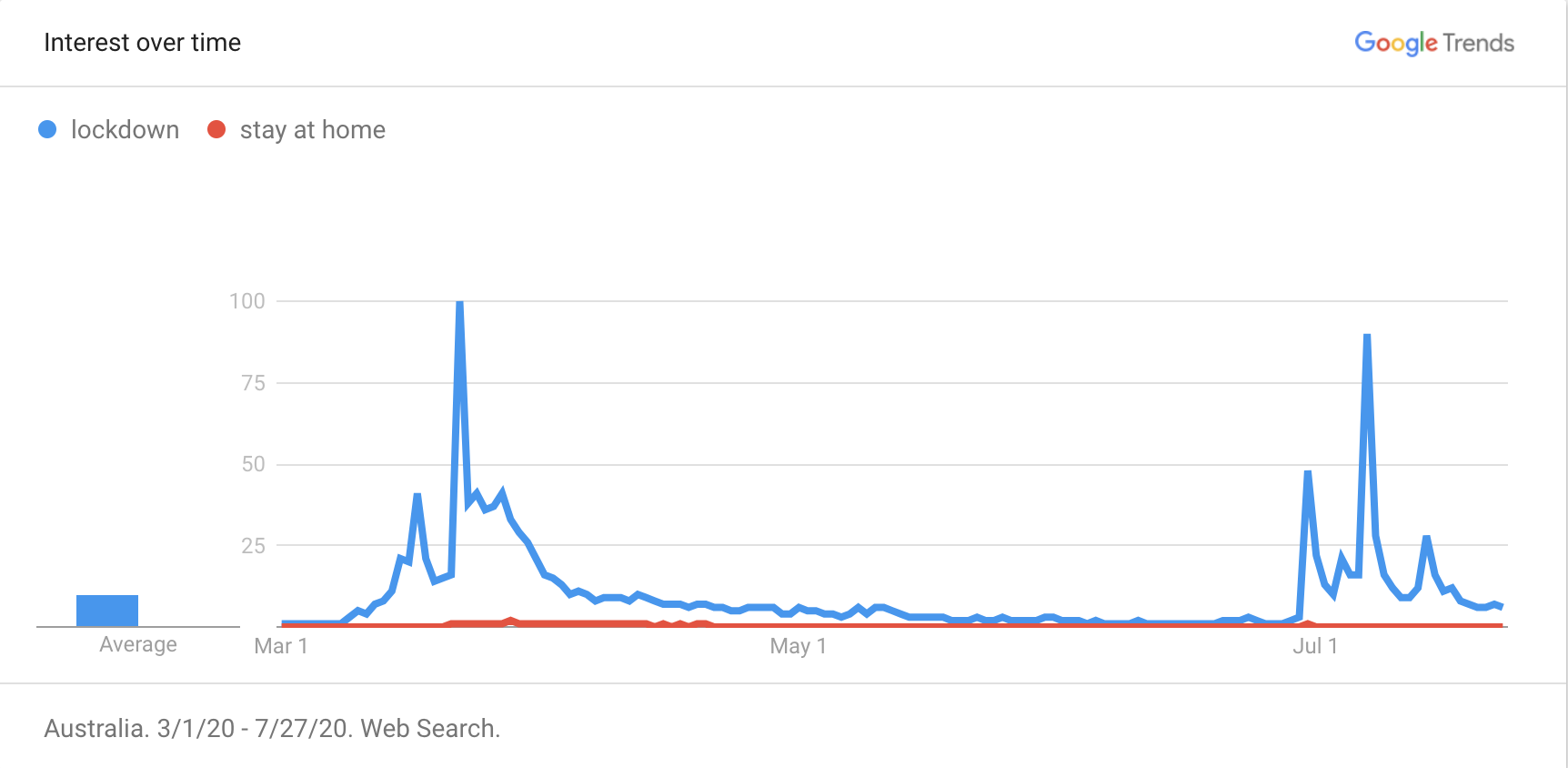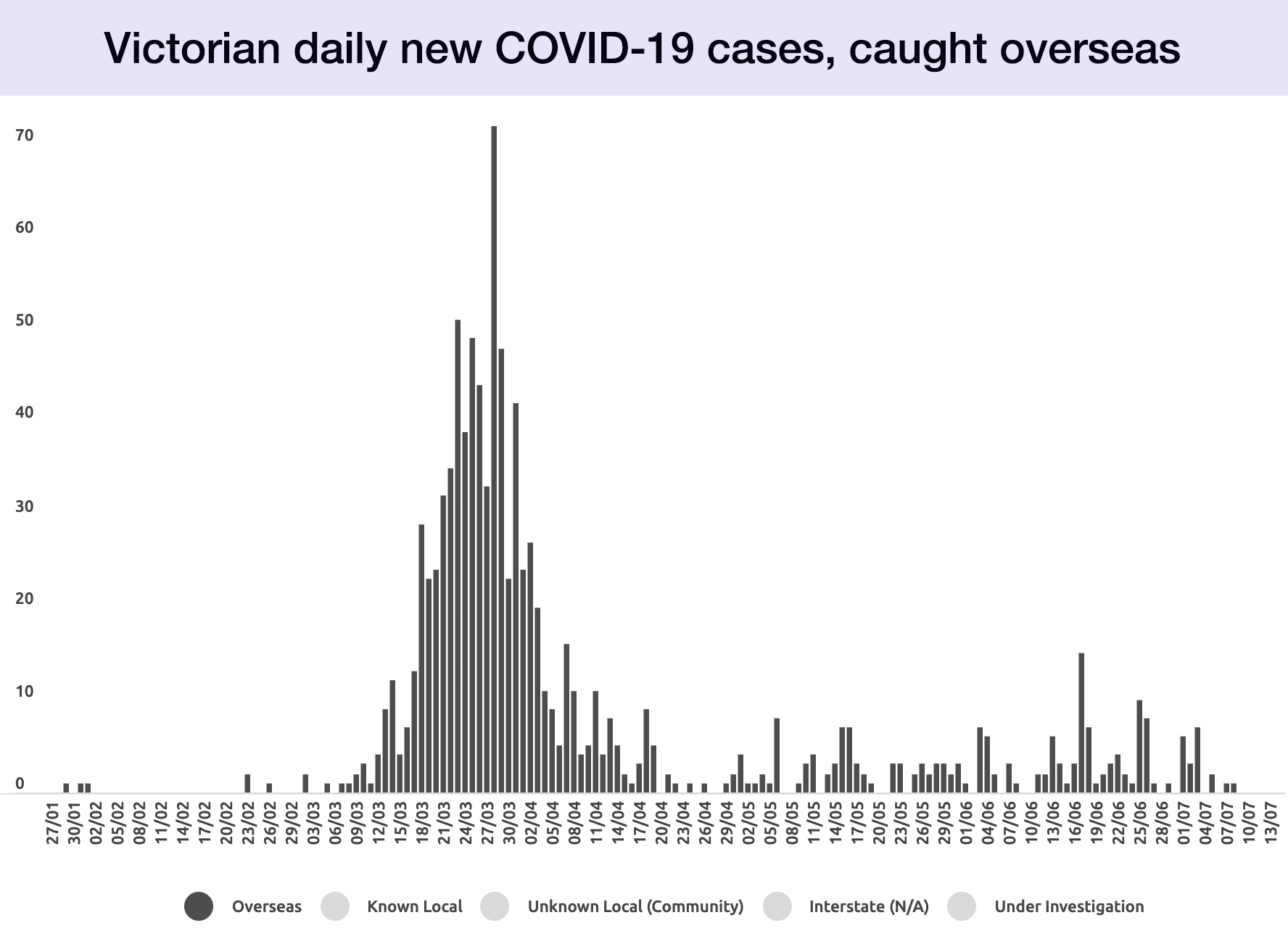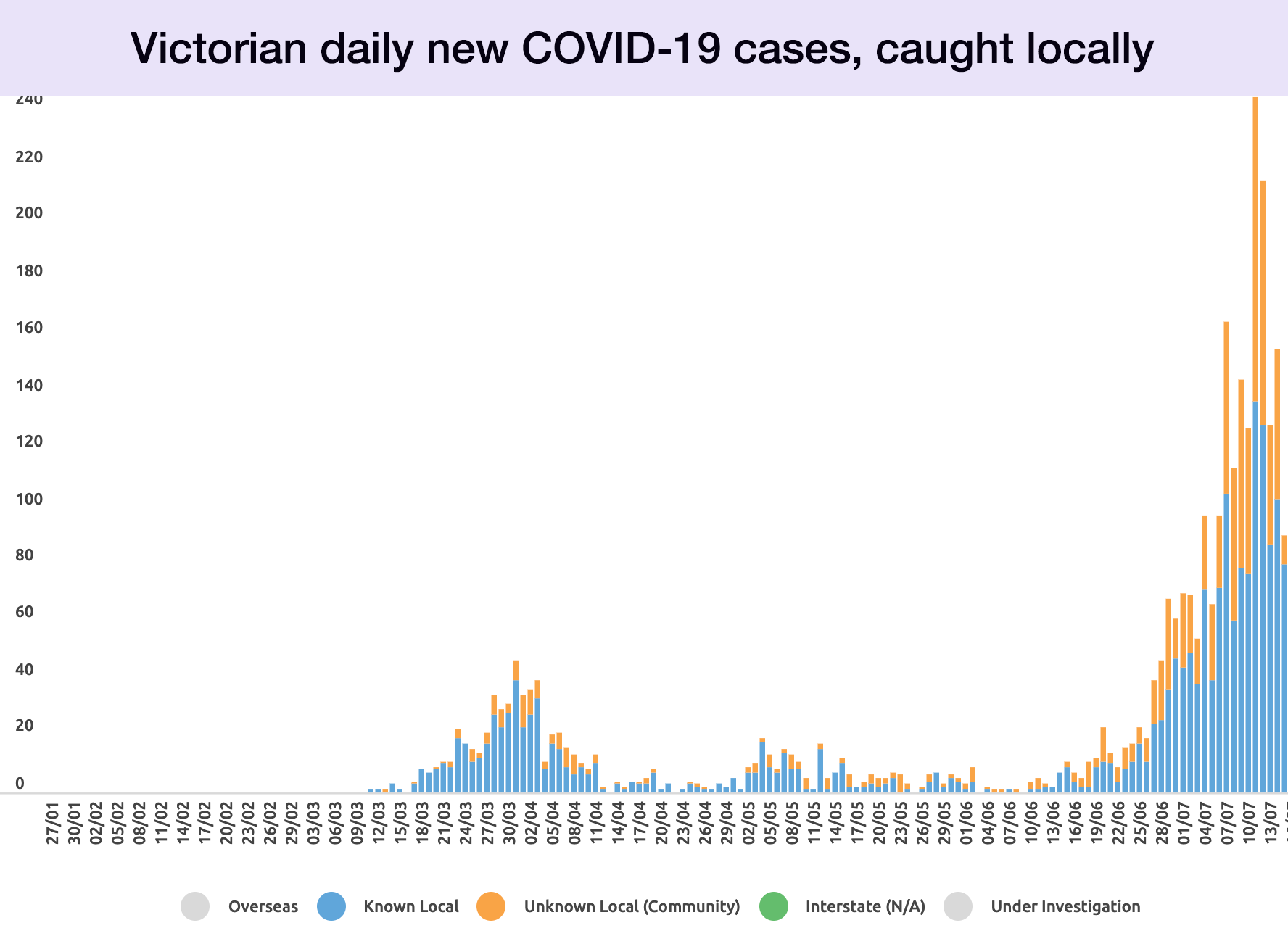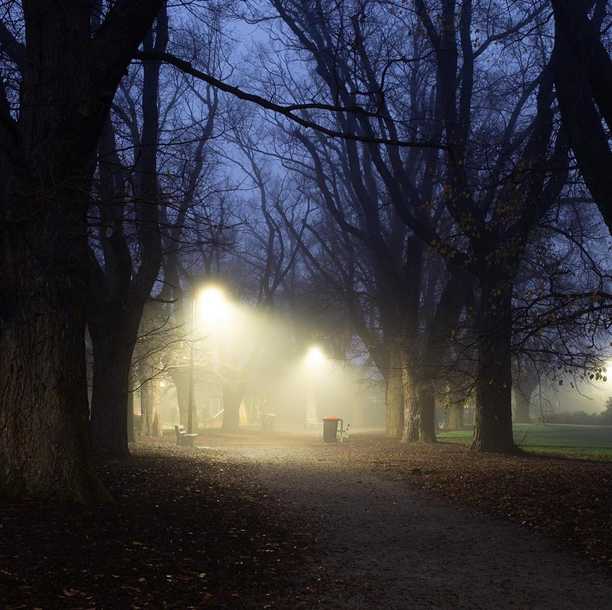
Charles Gutjahr
Pandemic words week #3: Lockdown
Lockdown
All us Melbournians are stuck at home in lockdown right now. But why are we calling it "lockdown"? That is not the term which the Victorian Government uses, they call it "Stay at Home" restrictions. They're the ones imposing it so why aren't we using their term?
Perhaps it's because pretty much all the media call it "lockdown"... ABC, Herald Sun, The Age, The Saturday Paper all the term. Or perhaps the media is reflecting what we all say. Have a look at the Google searches for "lockdown" versus "stay at home"... the latter hardly even registers:

Regardless of why we use it, I think we shouldn't be. "Lockdown" has connotations of prisons and confinement, like the state is impinging on our freedoms. But these laws aren't in place to subjugate us, they're to help us and protect our health. They're a good thing! I reckon saying "lockdown" undermines that.
The problem is that "stay at home" is a bit wishy-washy. Sure it's clear, but it's not catchy like "lockdown" is.
I reckon the better option is "shelter in place", a term often used in the USA. That has a similar sense of urgency and seriousness to "lockdown" but much less negative insinuation. It feels more protective, like the state trying to warn us rather than punish us.
There are a handful of Melbournians complaining that restrictions are punishing us; fortunately their number are tiny and they are pretty much irrelevant right now. But like the virus itself a tiny number can grow exponentially if unchecked. Just like wearing a mask makes a small but useful contribution to preventing viral spread, using more positive terms could make a small but useful contribution to keeping negative sentiment in check.




